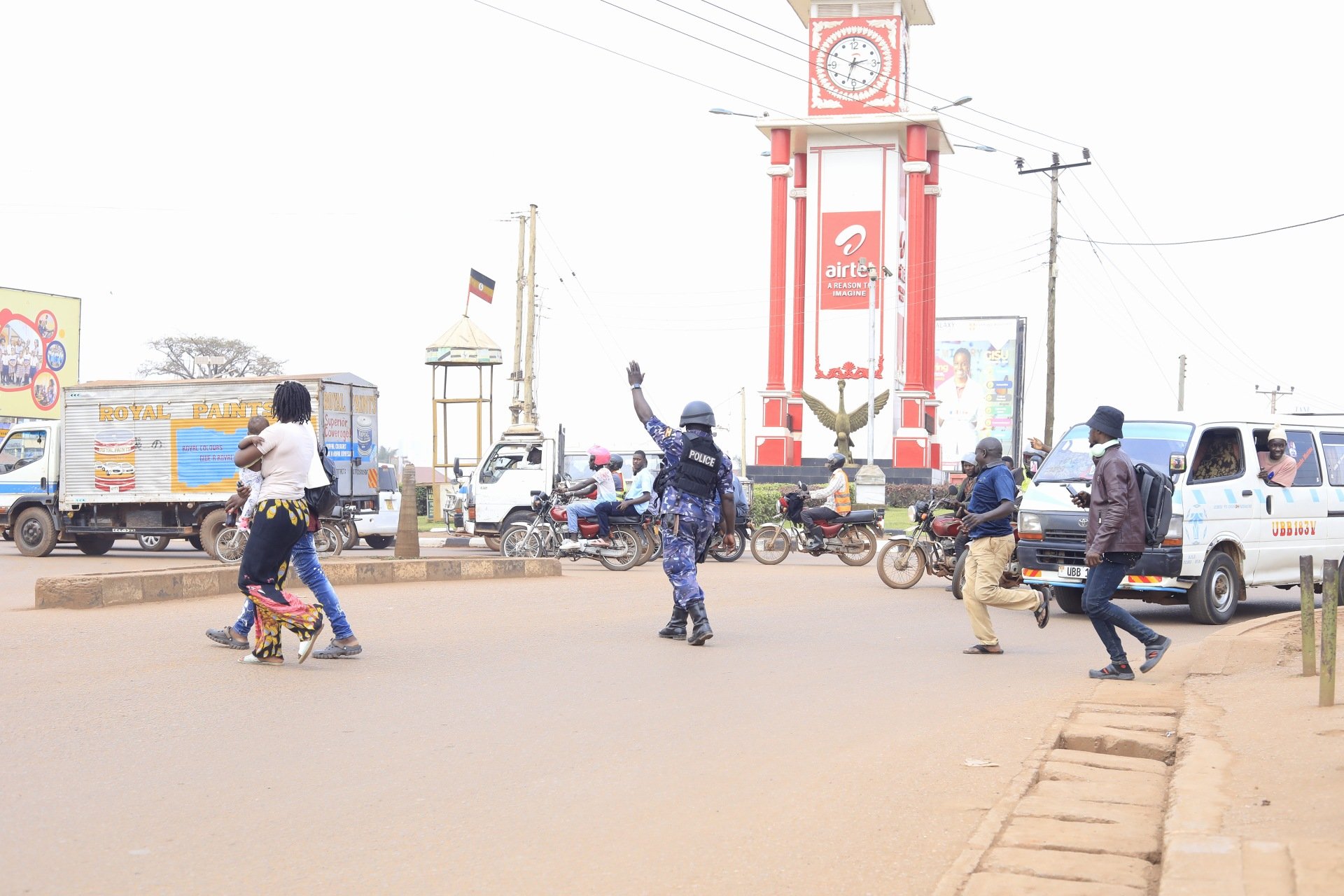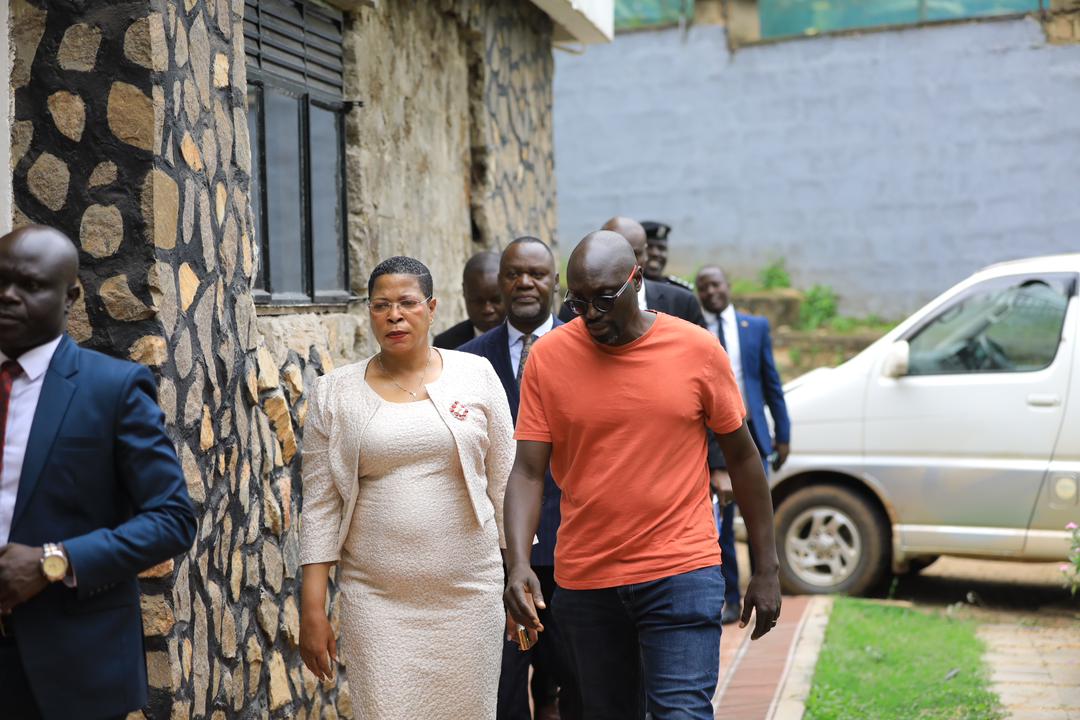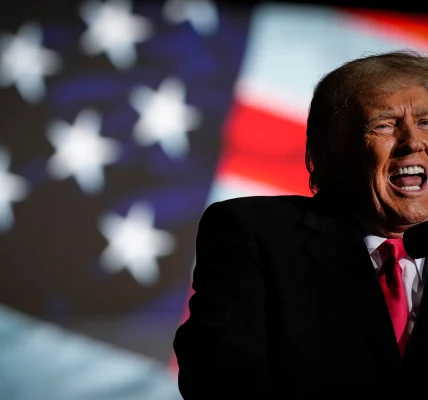In a significant move, the United States has thrown its weight behind Africa’s quest for permanent representation on the United Nations Security Council (UNSC). The U.S. is now supporting the creation of two permanent seats for African nations on the council, alongside a rotating seat designated for small island developing states. This backing marks a pivotal moment in the ongoing global push for UNSC reform, with the U.S. Ambassador to the UN, Linda Thomas-Greenfield, expected to make an official announcement soon.
However, ahead of the formal statement, Ambassador Thomas-Greenfield emphasized that Washington does not support expanding veto powers beyond the current five permanent members—Russia, China, France, the United States, and Britain.
The UN Security Council is the most influential body within the United Nations, responsible for maintaining international peace and security. Its powers include the ability to impose sanctions, authorize military interventions, and enforce arms embargoes. The council is comprised of 15 members—five permanent and 10 non-permanent members who serve two-year terms, elected by the General Assembly.
Currently, Africa holds three non-permanent seats that rotate among its states. The U.S. endorsement for two permanent African seats is a significant development, coming amid longstanding calls for council reform. Washington has also supported other countries, such as India, Japan, and Germany, in their bids for permanent membership on the UNSC.
Amending the UN Charter to expand Security Council membership would require the approval of two-thirds of the General Assembly, including the agreement of all five current permanent members with veto power—a significant hurdle that has stalled previous reform efforts.
While developing nations have long demanded a larger role within the UNSC, years of negotiations have yielded little progress. However, geopolitical tensions—such as the ongoing Russia-Ukraine war and the crisis in Gaza—have intensified calls for change, and momentum has been building. Just last month, Sierra Leone convened a debate at the UN advocating for two permanent African seats on the council. These sentiments were echoed by UN Secretary-General António Guterres, who emphasized that Africa’s demands must be addressed.
Despite the U.S. backing, Ambassador Thomas-Greenfield acknowledged that it remains unclear how long it might take for the General Assembly to vote on a resolution to reform the UNSC. Although calls for overhauling the council have grown louder, there is still no clear path forward. The big question remains: will U.S. support accelerate Africa’s long-awaited inclusion on the world’s most powerful international body?






